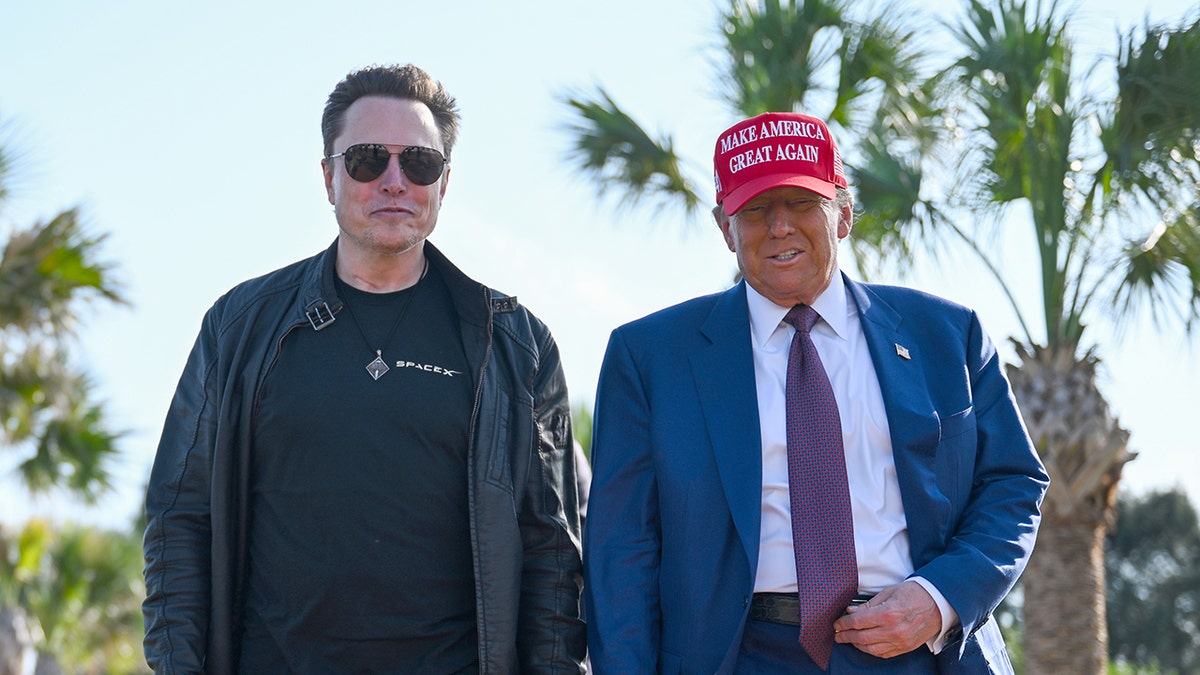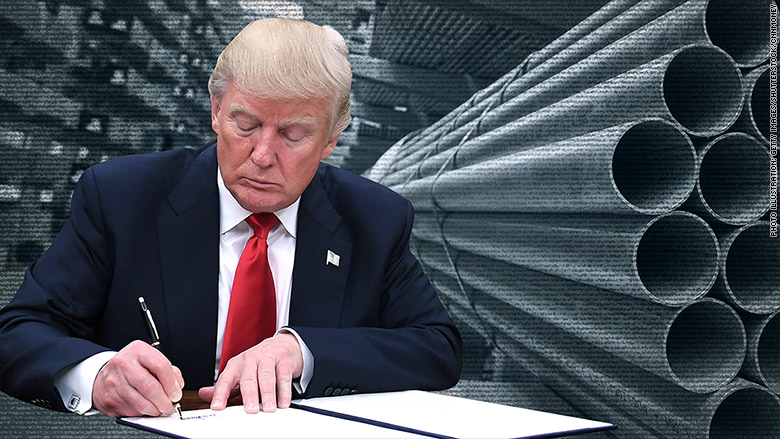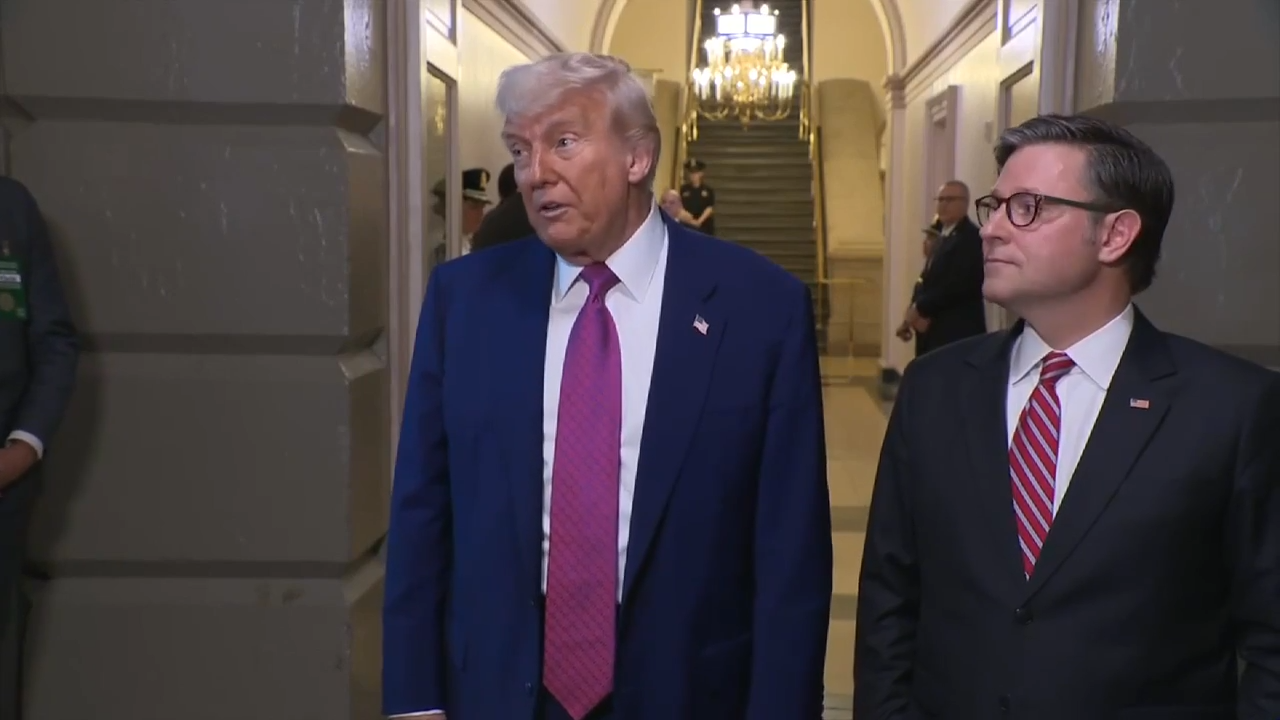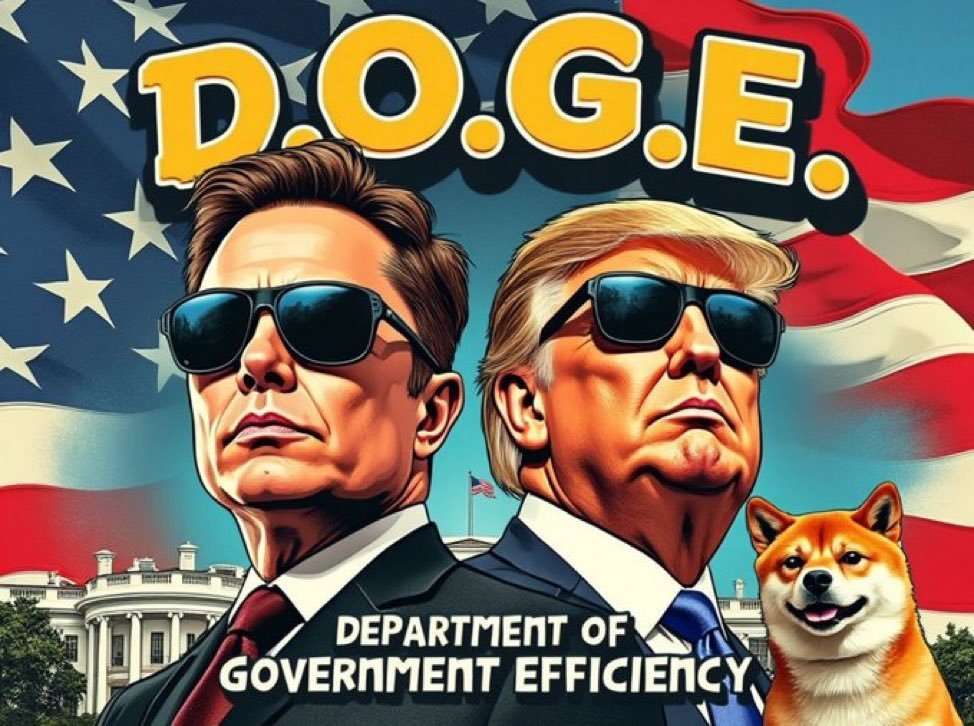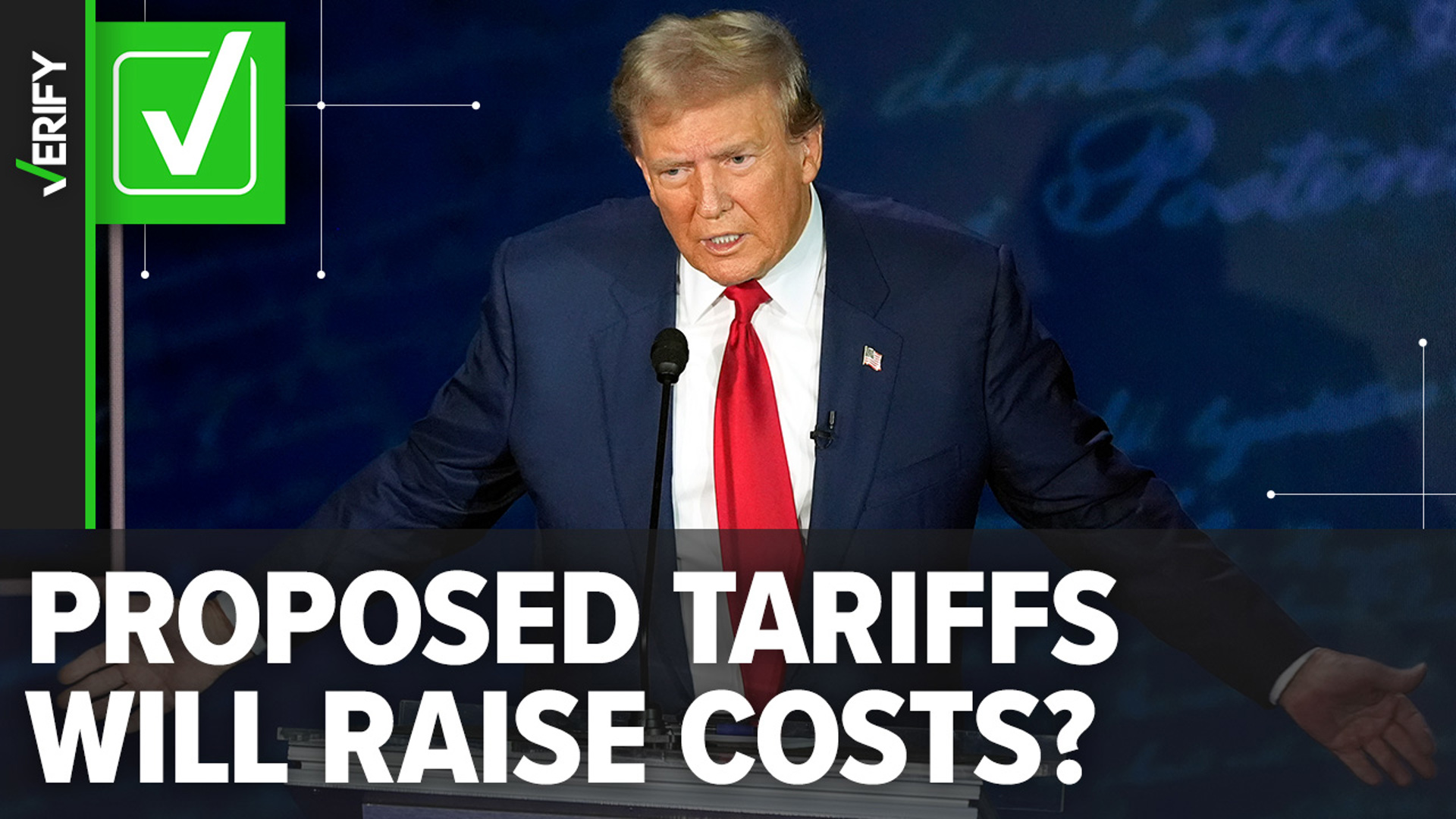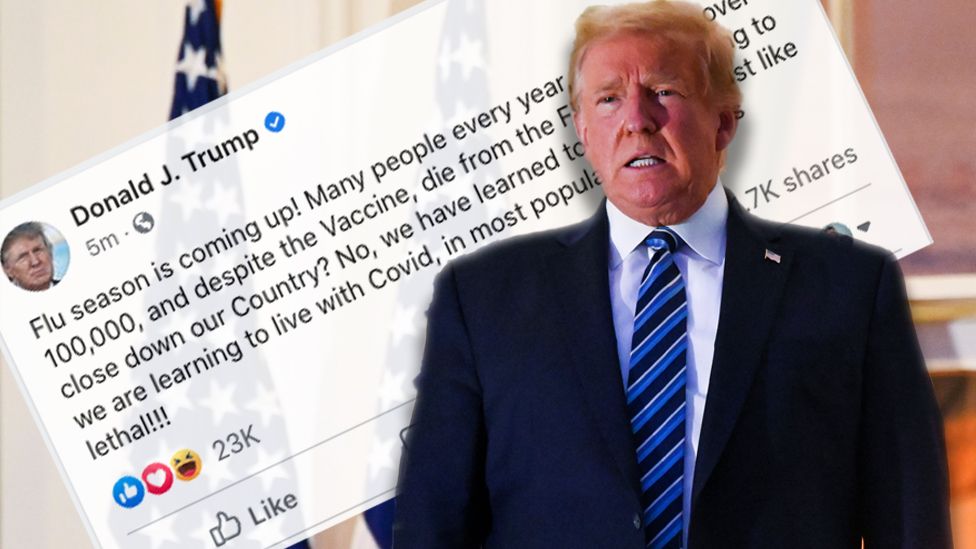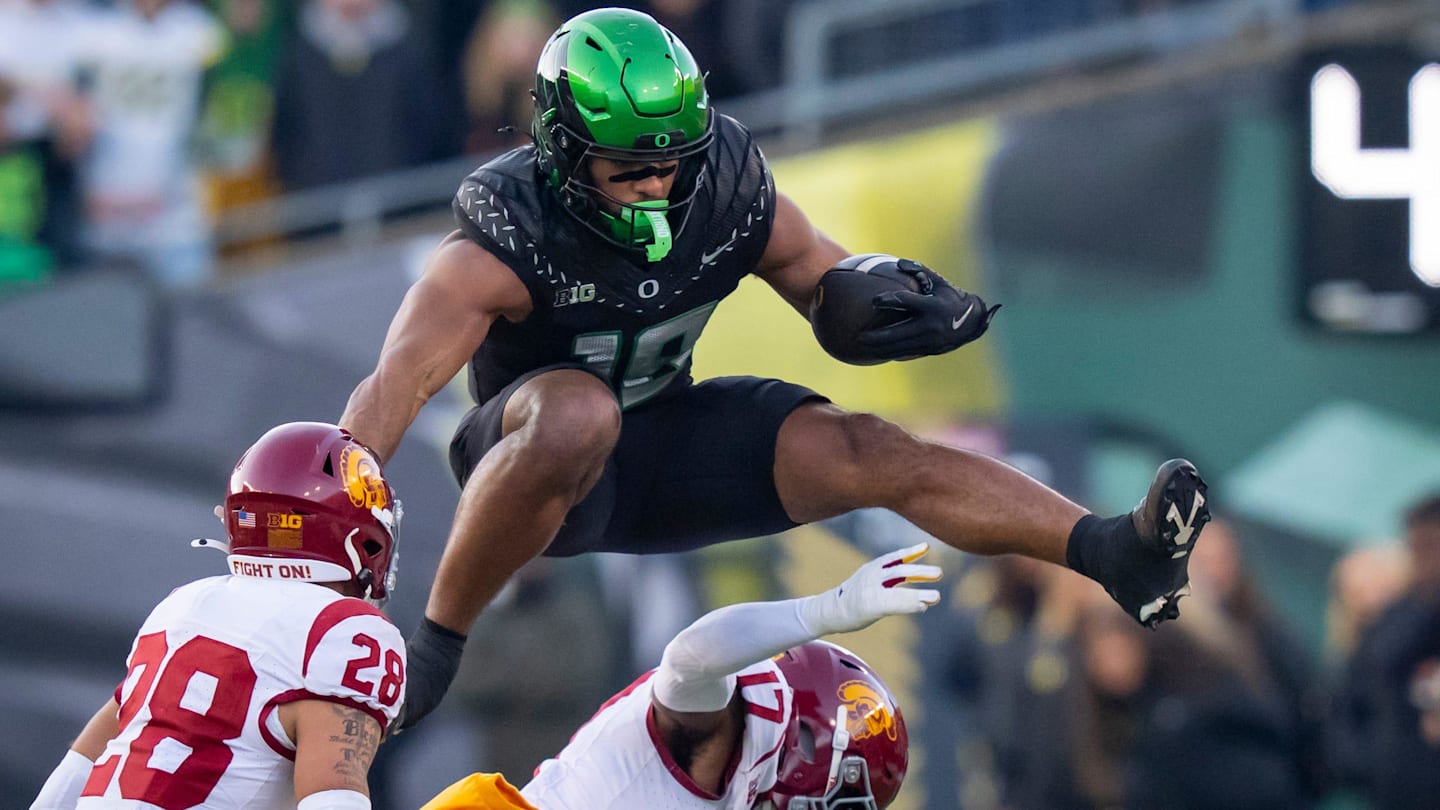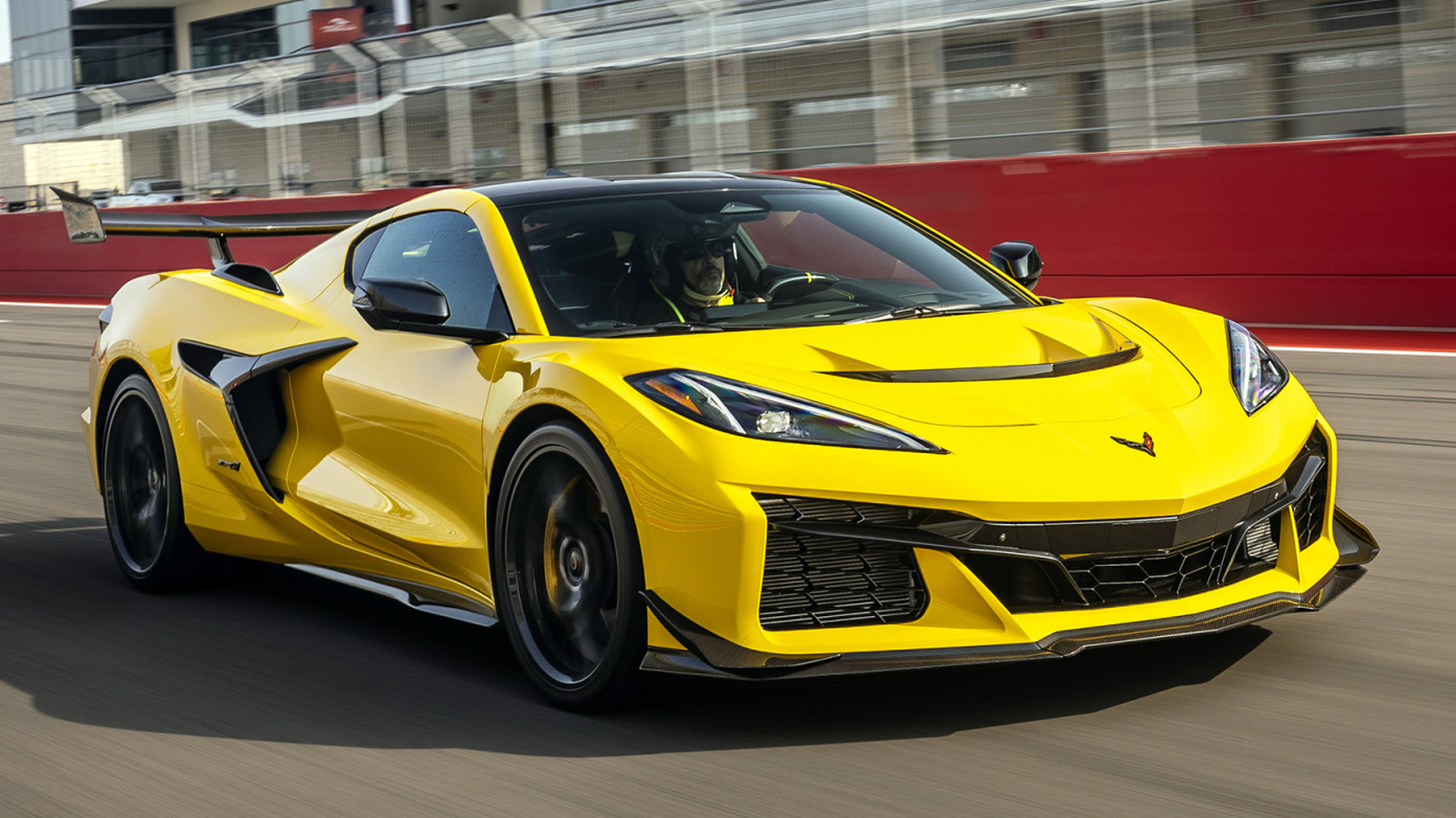The Impact of Trump's Travel Ban on the 2028 Olympics in Los Angeles

About the People Mentioned
Donald Trump
Donald John Trump, born June 14, 1946, in Queens, New York, is an American businessman, media personality, and politician. He graduated from the University of Pennsylvania’s Wharton School in 1968 with a degree in economics. In 1971, he took over his family’s real estate business, renaming it the Trump Organization, through which he expanded into building and managing skyscrapers, hotels, casinos, and golf courses. Trump gained widespread fame as the host of the reality TV show *The Apprentice* from 2004 to 2015, which helped establish his public persona as a successful entrepreneur. Trump entered politics as a Republican and was elected the 45th president of the United States, serving from 2017 to 2021. His presidency was marked by significant policy actions including tax cuts, deregulation, the appointment of three Supreme Court justices, renegotiation of trade agreements (notably replacing NAFTA with the USMCA), and a focus on immigration control including border wall expansion. He withdrew the U.S. from international agreements such as the Paris Climate Accord and the Iran nuclear deal, and engaged in a trade war with China. His administration’s response to the COVID-19 pandemic was criticized for downplaying the virus’s severity. Trump was impeached twice by the House of Representatives—first in 2019 for abuse of power and obstruction, and again in 2021 for incitement of insurrection—but was acquitted by the Senate both times. After losing the 2020 election to Joe Biden, Trump challenged the results, culminating in the January 6, 2021, Capitol riot. He remains a central figure in American politics, having won the 2024 presidential election and returned as the 47th president in 2025, continuing to promote policies aimed at economic growth, border security, and military strength[1][2][3][4].
About the Organizations Mentioned
International Olympic Committee
The **International Olympic Committee (IOC)** is the supreme authority overseeing the modern Olympic Movement, responsible for organizing the Summer and Winter Olympic Games as well as the Youth Olympic Games. Founded on June 23, 1894, by Pierre de Coubertin and Demetrios Vikelas during the Olympic Congress in Paris, the IOC’s mission is to promote international unity and cooperation through sport. The first modern Summer Olympics took place in Athens in 1896, followed by the inaugural Winter Olympics in Chamonix in 1924, establishing a global tradition of athletic competition every four years[1][2][5][6]. Headquartered in Lausanne, Switzerland, the IOC operates as a not-for-profit independent international organization. It acts as a catalyst within the Olympic family, coordinating with National Olympic Committees, International Federations, athletes, organizing committees, sponsors, broadcast partners, and global institutions like the United Nations. This collaborative network enables the IOC to ensure the consistent delivery of the Olympic Games and promote Olympic values worldwide[4]. A key achievement of the IOC is transforming the Olympic Games into a major international event that fosters cultural exchange and global cooperation. Since 1992, the Winter and Summer Games have been staggered to improve organizational and financial balance. The IOC has also integrated environmental sustainability as a core pillar since 1995, recognizing its responsibility to protect host communities and ensure the long-term viability of the Games[1]. Technologically, the IOC has embraced innovations in broadcasting and anti-doping measures, partnering with agencies like the International Testing Agency (ITA) to uphold fair play. The IOC continuously evolves its programs, including supporting the first African-hosted Youth Olympic Games in Dakar 2026, which symbolizes its commitment to inclusivity and global development[4]. Today, the IOC comprises 105 active and 45 honorary members, operating as one of the most influential international non-governmental organizations, blending sport, culture, and social impact through its global reach an
LA28
LA28 is the Los Angeles Organizing Committee for the Olympic and Paralympic Games 2028, a California nonprofit public benefit corporation tasked with delivering the 2028 Olympic and Paralympic Games in Los Angeles. Established following Los Angeles being awarded the Games by the International Olympic Committee in 2017, LA28 is responsible for planning, organizing, and executing an event that leverages Southern California's existing world-class infrastructure and vibrant community[1][3]. Since its inception, LA28 has taken a pioneering approach by utilizing an unprecedented 11-year planning window, allowing it to build an efficient, sustainable, and community-focused Games. The organization has unveiled a distinctive emblem featuring interchangeable "A"s in "LA," reflecting the diversity and creativity of Los Angeles, a design created in collaboration with athletes, artists, and celebrities[3][7]. LA28 has also established strong commercial partnerships and launched a comprehensive commercial program to support the Games[3]. A key achievement of LA28 is its commitment to sustainability and community impact, as outlined in its 2025 Impact and Sustainability Plan. This plan aims to expand economic opportunities, promote youth sports, and foster environmental responsibility. Notably, LA28 plans to use existing venues exclusively, purchase 100% renewable electricity for its venues, and operate a transit-first Games with zero- or near-zero-emission buses. It will also create an LA28 Community Resilience Fund to support local nonprofits and initiatives like urban heat mitigation through tree planting[2][4][5]. Governed by a volunteer board including prominent figures from sports, business, and entertainment, LA28 embodies a collaborative spirit, engaging athletes and the local community to ensure a lasting legacy beyond the Games themselves[4]. Currently, LA28 is advancing its preparations, securing venue agreements, releasing tickets and hospitality packages, and continuing to build momentum as it approaches the traditional seven-year lead-up to the event in 2028[3][6]. In sum, LA28 represent
